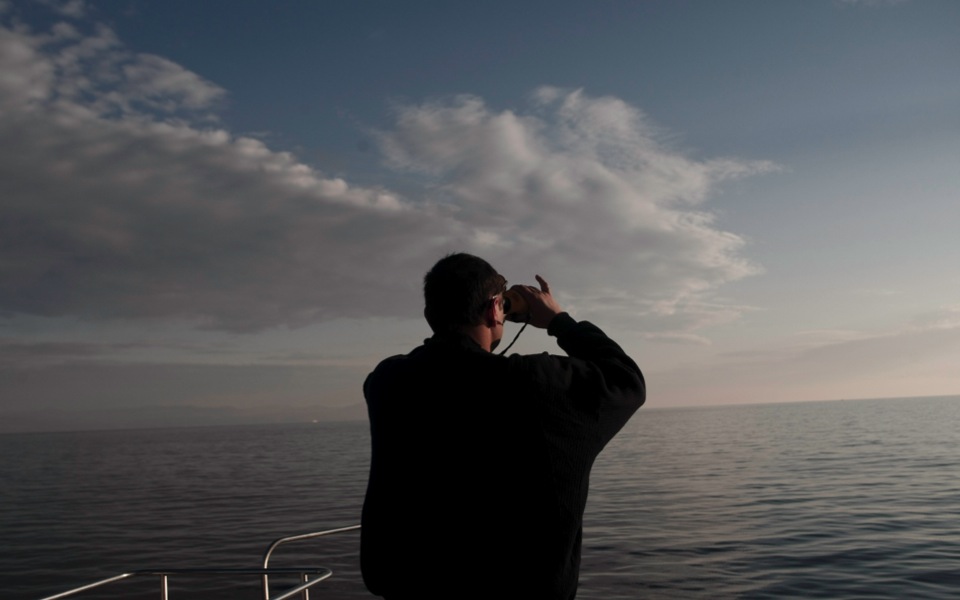EU expected to heap more pressure on Greece over refugees

Greece is expected to come under more pressure on Thursday over its handling of the refugee crisis as Prime Minister Alexis Tsipras meets with his European Union counterparts in Malta to discuss the growing challenges created by the influx of asylum seekers and migrants.
Athens confirmed on Wednesday that Tsipras will travel to Turkey on November 17 and 18 for talks with Turkish Prime Minister Ahmet Davutoglu. It is expected that he will also meet President Recep Tayyip Erdogan.
The refugee crisis is expected to top the agenda as Tsipras wants to prevent Greece being shut out of the negotiations between the EU and Turkey on this matter. However, Kathimerini understands that a document circulated by the European Commission among some member-states several days ago indicates that Brussels believes it has to reach an agreement directly with Turkey.
The document also suggests that Turkey is not intentionally ushering migrants toward Greece, whereas Athens is deemed to be purposely moving these arrivals on toward the Former Yugoslav Republic of Macedonia.
The Commission’s note also says Greece needs to agree to joint patrols with Turkey in the Aegean and the opening of some of the chapters in Ankara’s EU accession negotiations.
Ahead of Thursday’s summit, Germany warned that it could start sending Syrian refugees back to other EU states, prompting Hungary to insist it would take none, while Slovenia began to emulate Budapest in putting up new border fences and Denmark said it was tightening immigration rules.
Hungary’s Foreign Minister Peter Szijjarto suggested that Greece should be responsible for receiving any asylum seekers that are returned to their point of entry into the EU under the so-called Dublin rule.
“If anyone leaves from Syria toward Europe it is physically impossible for them to enter the European Union in Hungary,” he said. “Therefore it is not justified to send any Syrians back to Hungary.”
However, Berlin said that it would not be sending refugees back to Greece.
“For some time, we have not been sending asylum seekers back to Greece and this will not change,” said German government spokeswoman Christiane Wirtz. “From our point of view the necessary criteria are not fulfilled there.”
Wednesday was taken up by an EU-Africa summit in Malta, which was called several months ago when nearly 800 migrants died in a shipwreck off the Libyan coast. At the time the Mediterranean route from Libya was still the main springboard for migrants traveling to the EU in battered fishing boats and flimsy dinghies but currently Africa accounts for just under a quarter of the nearly 800,000 migrants who have reached Europe this year.





